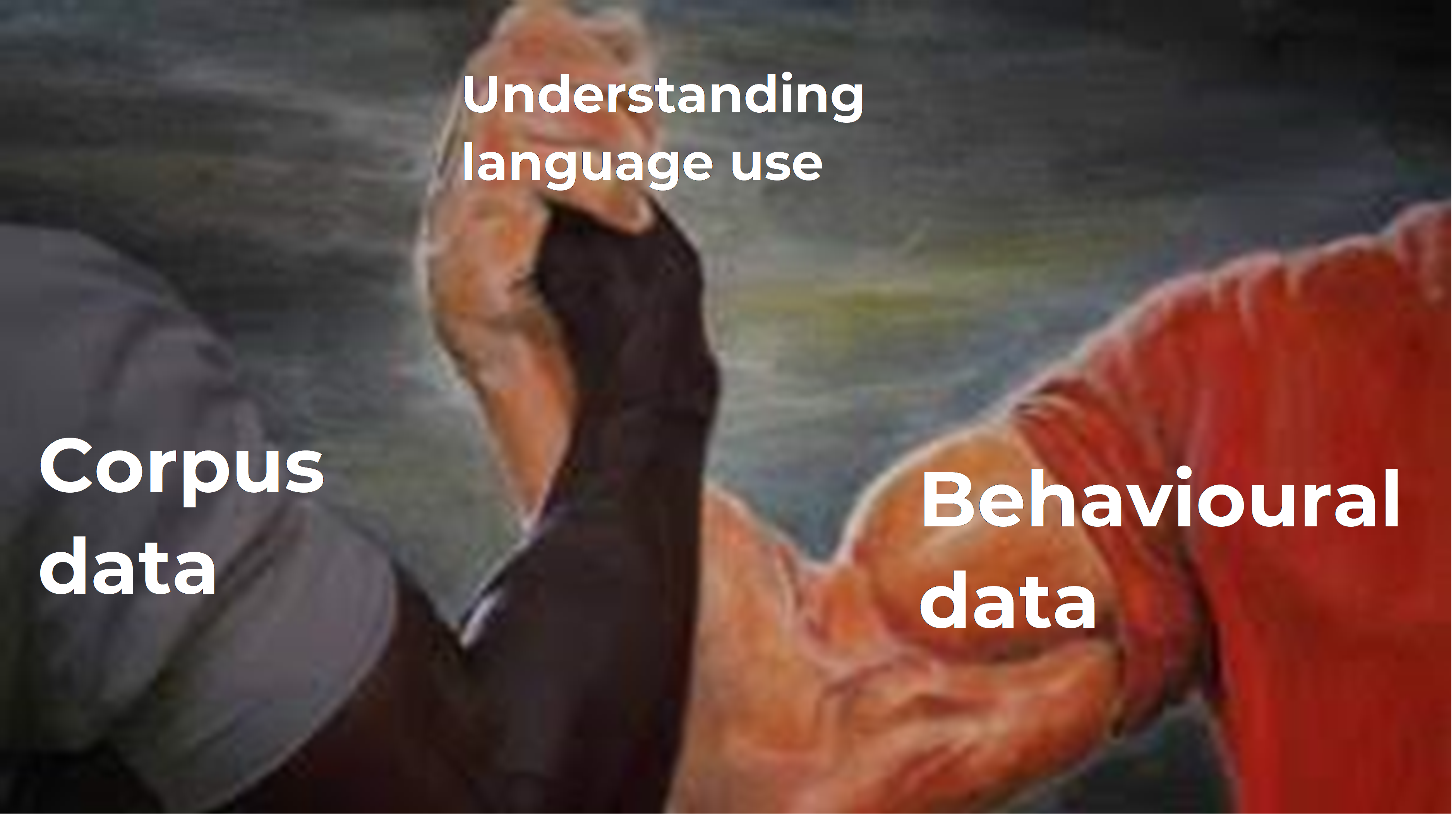Ruled by Construal? Framing article choice in English

What guides the choice of article in English?
A survey of 181 native speakers of English asking them to choose the article they believed to be the most appropriate given the context yielded some very interesting results!
For this paper, we looked at article use by native speakers in English in an effort to understand when and why speakers choose to use the, a/an, or Ø (null article). Let’s start with an example from our survey, given the following context, which article would you use?
“In between arguments about McCarthyism and alleged remainer bias in academia, many professors responded with grander claims of academic freedom and of the embracing of a wide diversity of opinion in the lecture hall.”
Would you use the or a/an? Are you unsure? Do both sound right to you? Then, fear not, you are not wrong! Our participants were also divided on the matter and 46% chose the, whereas 37% chose an.
The question is, why do people choose a different article despite having access to the exact same context (and thus the exact same amount of information about the text)? The answer is: because it depends on how they construe this context. That is, for our participants who chose the, the assumption is that they expected the addressee to know about this alleged remainer bias in academic circles whereas those who chose an were most likely under the impression that the addressee would not necessarily know about it. When participants choose the, they assume that the referent is part of the common ground between the speaker and addressee.
This variation in conceptualisation of the context is what we call construal, i.e., speakers’ propensity to view the context in different ways. We propose to quantify construal via a measure of Entropy. If the context allows for several options, then Entropy is high; on the contrary, if one option clearly stands out, Entropy will be low. We measured Entropy for each individual sentence and also paid attention to the two most commonly used variables for English: Hearer Knowledge (HK) and Specificity of the Referent (SR) and how they interact with Entropy. HK is an indication of whether the speaker assumes that the referent is known to their addressee(s) or not (e.g., it has been mentioned previously or is part of their shared knowledge) and SR indicates whether the referent is specific (A cat just walked past my window vs. I would love to have a cat).
We found that (i) the null article Ø has the most mismatches overall and very few matches when agreement about which article to use given the context is high and (ii) while SR+ contexts (where the referent is specific), in particular, tend to yield a low Entropy, none of the two values of the HK variable were particularly prone to low or high Entropy, meaning that Hearer Knowledge is quite open to interpretation.
We previously found (article coming soon) that the HK variable is the most important cue for the choice of article. This particular piece of research thus shows that the most reliable variable for article choice is also open to construal! It is thus no wonder that so many speakers of article-less languages (such as Polish or Ukrainian) struggle to acquire the article system in English!